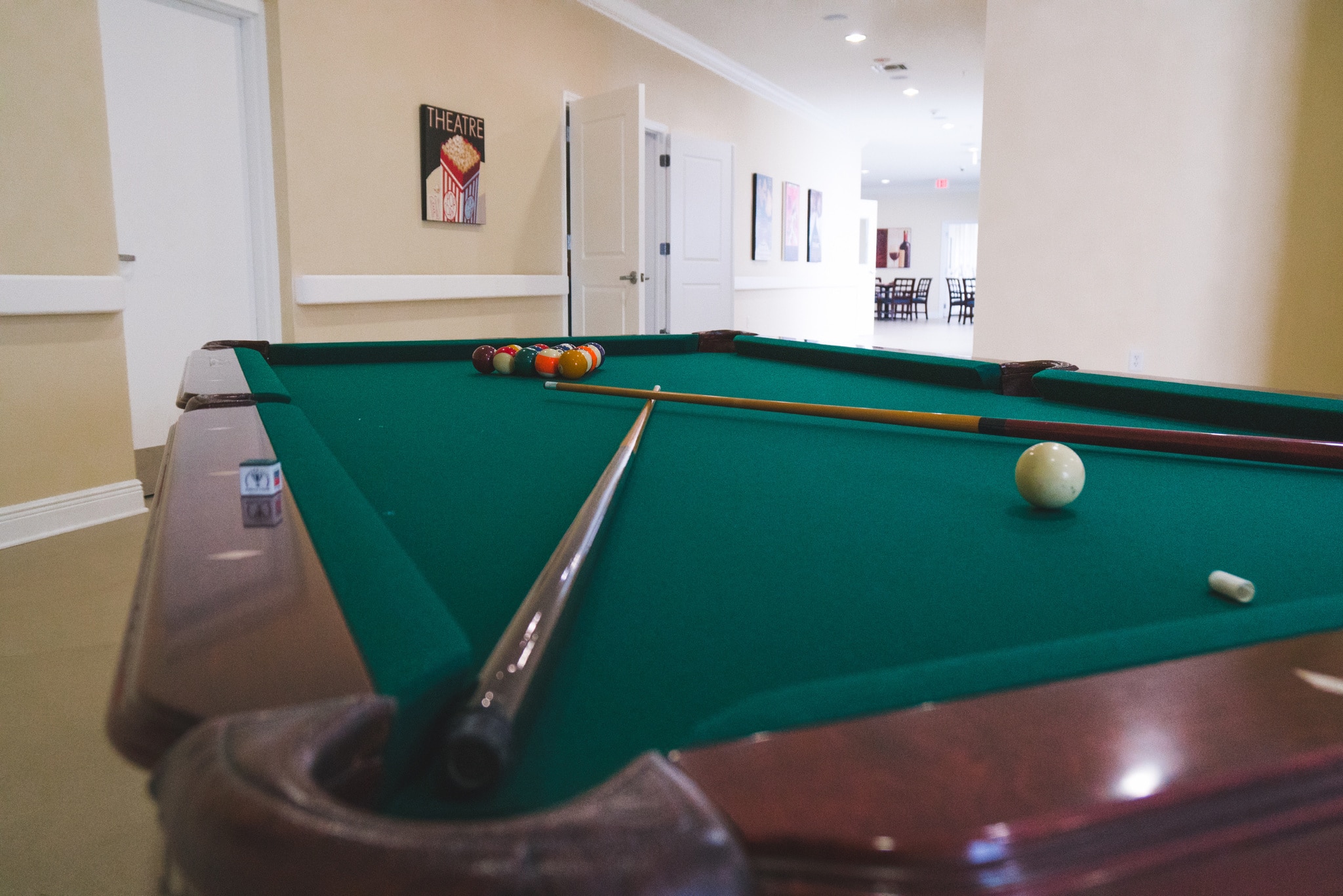Many people worry that placing their loved ones in assisted living means they will lead a depressing and boring life, but this could not be further from the truth. At Angel’s Senior Living, we love to keep our residents up and moving with fun activities for seniors that engage both their bodies and their minds. We offer a variety of amenities at each of our communities along with other activities like gardening to give seniors a full range of options to continue their hobbies, or pick up new ones.
We understand that providing seniors with the opportunity to live life to the fullest is one of the reasons why they choose to live in our assisted living facilities. We also understand that while our abilities and faculties may diminish as we age, our need to enjoy life remains at the forefront. This is why the importance of activities for senior citizens cannot be expressed enough.
Although many think that the only activity that may be offered by an assisted living facility is Bingo, there are many fun-filled options offered to seniors dependent upon their particular situation.
- Field Trips – A quick getaway from day-to-day life can prove to be very beneficial for a senior citizen. Senior communities sometimes host field trips to museums, shows, concerts, art galleries, and even simple shopping trips. These trips engage the mind and get the body moving.
- Dancing – An ever-popular activity at assisted living facilities, dancing proves to be a great way to have some fun. Residents love dancing of all styles, including ballroom and swing. Not only is it a fun way to keep seniors fit, but it is also an excellent social activity.
- Outdoor Excursions – Just because senior citizens are older and cannot hike 10 miles anymore does not mean that they cannot enjoy the outdoors. Getting outdoors can prove to be quite beneficial and acts as a retreat from the everyday hustle and bustle. A walk among the trees or just down the sidewalk is often a welcomed getaway and physical activity.
- Classes and Workshops – Learning is a lifelong process that does not stop when we reach a certain age. Offering these classes gives seniors the opportunity to pick up a new skill or trade that they may not have had the chance to earlier in life. Foreign language classes are a hit at many assisted living facilities, as well as computer courses. This gives seniors the chance to keep up with the technology and news of today and may aid in their communication with loved ones.
Contact us at (877) 480-2244 to learn more about Angels Senior Living assisted living facilities and locations.






